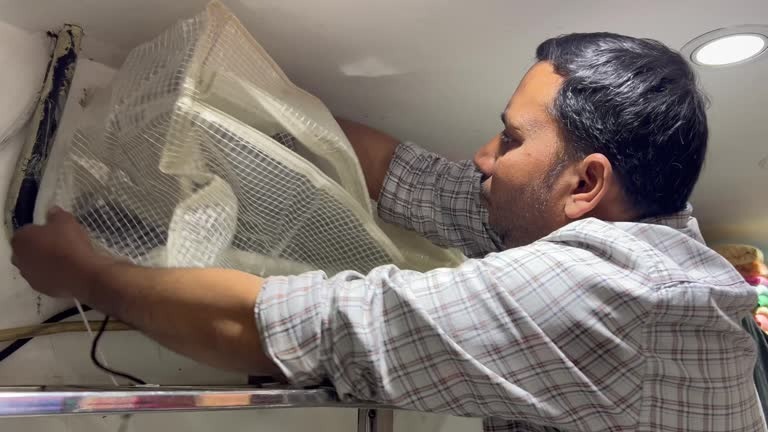The evolution of work in the modern world has paved the way for a transformation in our physical workplaces. The traditional office, with its rows of cubicles and rigid nine-to-five schedule, is being replaced by more flexible, creative spaces that reflect and foster the changing nature of work. This shift is driven by several factors including technological advancements, changing workforce demographics, and evolving societal values.
Technology has been a major catalyst for change in our working lives. With laptops, smartphones and reliable internet connections, we can now work from virtually anywhere at any time. This flexibility has led to an increasing demand for shared or co-working spaces where people can come together to collaborate on projects or simply enjoy a change of scenery from their home office.
Moreover, as millennials and Gen Z become dominant forces in visit the source workforce, there’s a noticeable shift towards environments that promote collaboration over competition. These younger generations value teamwork and creativity over hierarchy and tradition. They prefer open floor plans where they can easily interact with colleagues over isolated cubicles.
In addition to this generational shift is an increasing emphasis on wellness in the workplace. Businesses are recognizing that employee well-being directly impacts productivity levels and overall company success. As such, modern offices are incorporating elements like natural light sources, plants for improved air quality, ergonomic furniture to support physical health and breakout areas where employees can relax or engage in informal discussions.
Societal values also play a significant role in shaping today’s workplaces. There’s growing recognition that diversity – whether it be cultural backgrounds or ways of thinking – leads to innovation and better problem-solving within organizations. Modern workplaces are therefore designed to be inclusive spaces where everyone feels welcome regardless of their identity or status.
Furthermore, sustainability is becoming increasingly important as businesses strive to reduce their environmental footprint amid growing concerns about climate change. Office designs now often incorporate environmentally friendly materials while operations aim for energy efficiency.
It’s clear then that modern work needs modern spaces – ones which facilitate collaboration, promote well-being, embrace diversity and respect the environment. These spaces are not just about aesthetics but also about functionality and flexibility. They need to be adaptable enough to accommodate changing work practices and technologies.
In conclusion, as our understanding of work continues to evolve, so too must our workplaces. The office is no longer simply a place where we go to perform tasks – it’s a space that can inspire creativity, foster relationships and contribute positively to our overall well-being. This transformation is not merely a trend but rather an essential adaptation in response to the changing nature of work in the modern world.










